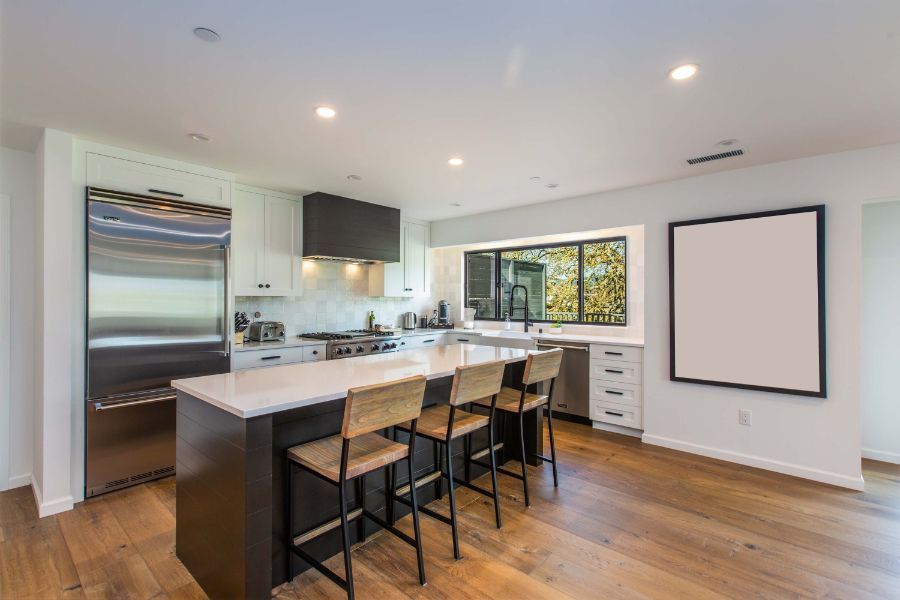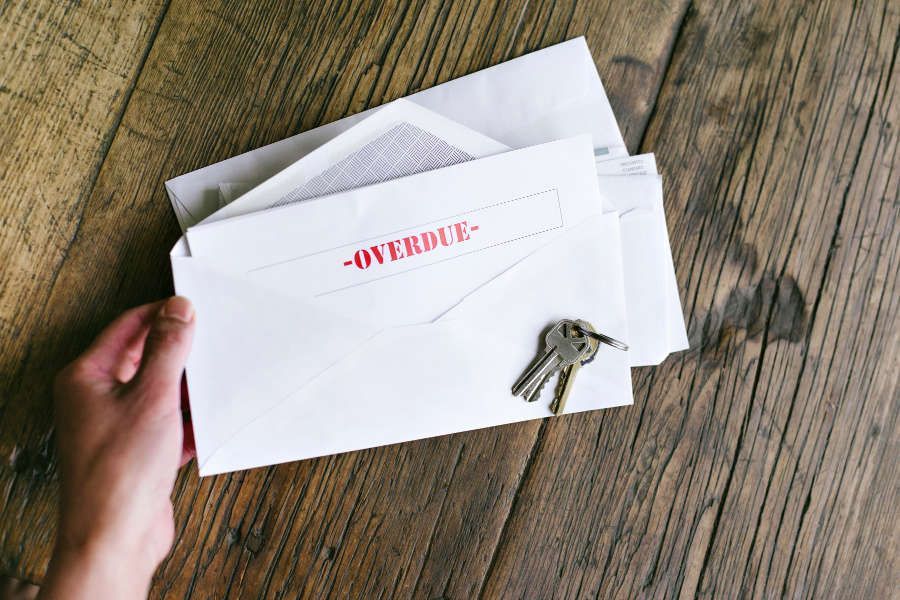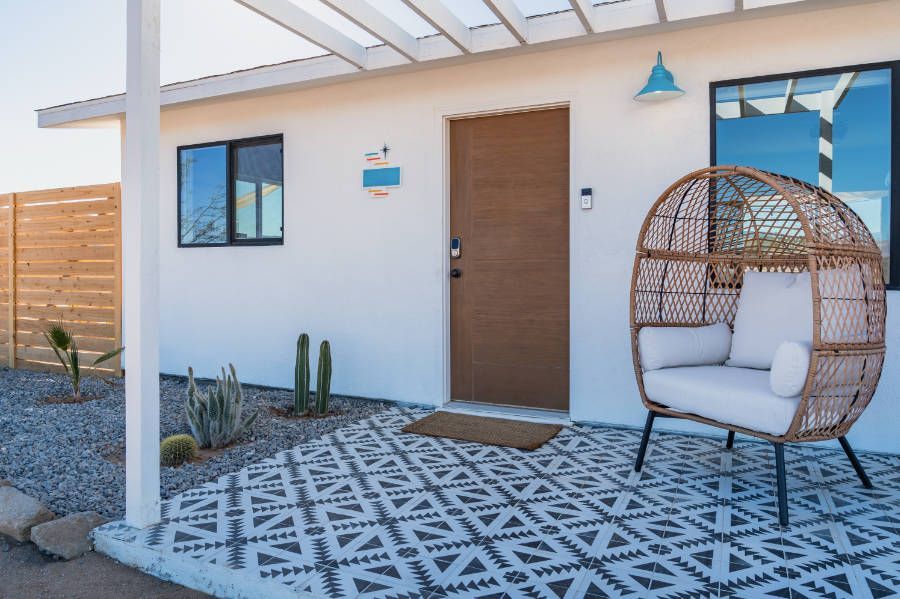Can You Build an ADU on a Beach Front Property?

Accessory dwelling units (ADUs) can provide a number of opportunities for investors, both experienced and new. Beach city rentals are always in demand, which makes building ADUs to add to your real estate portfolio for an additional income incredibly alluring.
While in most beach cities, there are limits to the size and location of your ADU. There are different
challenges when building an ADU
on a beachfront property.
In today’s article, we’ll review the challenges of building an ADU on a beachfront property to see if you can increase your passive income.
Understand your Zoning
Different municipalities have different regulations that must be followed. For example, in Long Beach, ADUs are allowed in all areas zoned for single-family detached housing except for r-3-t and r-4-m, which typically refer to multi-family residential zoning. However, this can change depending on where you are building. It can also significantly affect how wide or tall the ADU can be.
For ADUs built on beachfront properties in California, you also need to be aware of the coastal overlay zones. These zones are often protecting beaches and ocean access points. This can limit your project and options when building in or near these zones. Because these areas are protected, there will likely be more regulations and restrictions when building an ADU on a beachfront property.
While building an ADU on the coastal overlay zones is possible, permits may be more expensive and require more time to process. Some locations on the coastal overlay zones make it unlikely that you will be allowed to build on them. These include:
- Very High Fire Hazard Areas
- Wildland Urban Interface Site
- Hillside Overlay zones
- Bluff Top Sites
- Environmentally sensitive habitat areas
Getting the Right Permits
Assuming you’ve already had your ADU designed and drafted, you'll next need to request your building permits. For ADUs built on coastal overlay zones, you'll need more than the typical building permits. You also need a coastal development permit. This means you’ll need two reviews before starting the project. You'll need the standard review required for every ADU in California and the coastal department review for ADUs built on the coastal overlay zone. With some luck, these will happen simultaneously, which can save time. However, this isn’t always the case.
Start Building
Once everything is done with the city and you are allowed to build, purchase the proper material for the job. To ensure the longevity of the new building, it's best practice to keep in mind that you are building on the coast, and many factors can affect the maintenance required in the future. Nearly every surface must be abrasion-resistant as the sand can chip away at wood, metal, and even scratch glass. The salt and moisture can quickly work out of most metals if unprotected. Hardwood decks constructed of cedar, redwood, and ipe are commonly used due to their rot resistance, though they should still be treated regularly to maximize their lifespan. Composite materials such as fiberglass, PVC, and concrete are famous for building near the coast.
Building an ADU on the coast can seem like too much for some people, but the reward of having a second beautiful rental that can provide you with great passive income for years to come is worth it for those who go through with it. If you need help understanding the coastal zones and how to build on them or help
manage your current beachfront property, we invite you to call us today at (562) 888-0247 or fill out our
Owner Application online.





